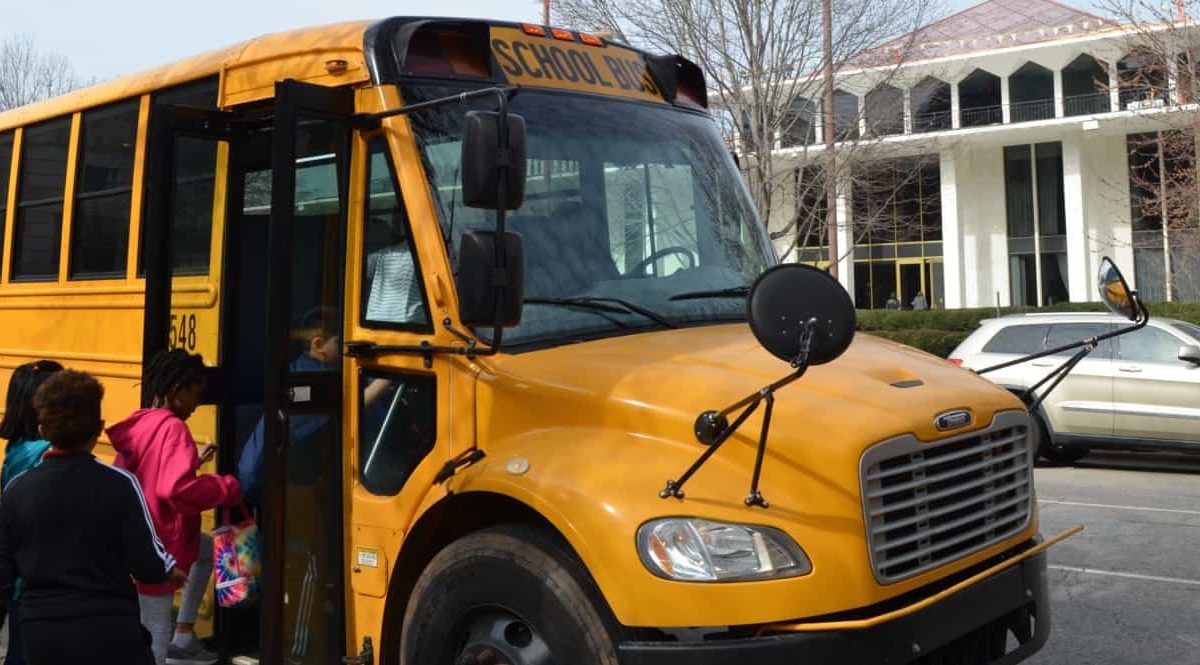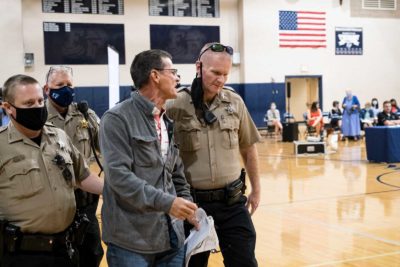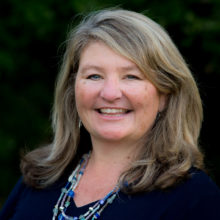
Many families in Wake County discovered this morning that their children did not have a bus driver to bring them to school today. These families are worried about their own kids and others who may not have a ride to school. Many are feeling frustrated about the bus driver sickout, as well as other staffing shortages in their schools; and they are wanting to know who is responsible. Yet many, if not most, school districts in the state have raised bus driver pay and offered signing bonuses in the past many months. They have used federal COVID relief funds, local fund balances, and other means to address COVID-related issues.
These efforts, however, have not been enough. And today’s bus driver sickout is a symptom of a much bigger problem in North Carolina, which is a persistent and dire lack of state funding for our public schools. While we have been talking and reeling from the myriad crises brought on by the pandemic, we have often missed another crisis that has been building for many years. We have a funding crisis in North Carolina that is impacting every aspect of our children’s teaching and learning environments today.
What does this crisis look like on the ground?
- We do not have enough high-quality and well-prepared teachers and staff for our students. Enrollment in our educator preparation programs in our colleges across the state is down nearly 50% over the last decade. That is at least half of the number of new teachers graduating that we need who are ready to begin teaching your students. We had a teacher shortage before the pandemic — and not only in the hard-to-recruit positions. This shortage has developed after years of North Carolina failing to value the importance or professionalism of teachers. Our teachers have college degrees, have had student teaching experiences, have passed licensure exams and other requirements, and continue to learn and grow through their evaluations and professional learning. Yet, the average pay of teachers in North Carolina is $10,000 below the national average. We do not compensate master’s degree holders with additional pay, and we do not typically compensate teachers for the time they spend planning and grading outside of school hours or attending professional learning in the summer. We repeatedly add to teachers’ plates without honoring what that means for them and the immense responsibility they have for our students. This gap in funding for educators extends to all of the other school staff needed to effectively run a public school and district. North Carolina pays bus drivers $12.75/hour; districts like Wake County can supplement that wage with local supplements, but it’s not enough to compete with other industries. And rural districts are often not in a position to supplement that wage at all thanks to the lack of a tax base to raise those local dollars.
- We are not investing nearly enough in our students. North Carolina’s average per pupil expenditure — the average amount we spend on each student — is $3,000 below the national average. Critics of the argument to invest more in per pupil spending will say that throwing money at education doesn’t address the problem. No one who is advocating for additional funding for schools simply wants money for the sake of having money. What our schools need are deep and sustainable investments in the things that make a difference for kids and their educational outcomes. This includes:
- A highly-qualified and well-prepared teacher for every child.
- A highly-qualified and well-prepared principal for every school.
- Early childhood learning opportunities and care.
- Student instructional support personnel, such as counselors, social workers, psychologists, and nurses, to ensure the needs and potential of the whole child are addressed.
- Access to postsecondary pathways and high quality credentials and degrees.
- A school finance system that equitably provides state funding to the students who need it the most.
- An assessment system that provides data to inform instruction and an accountability assessment that allows us to ensure that every child has access to a high quality and equitable education.
- School buildings that are safe and provide learning environments that support students’ growth.
Added to symptoms like the Wake bus driver strike, teacher vacancies, and a shortage of substitutes is the fact our courts have ruled that our state is not meeting its constitutional obligation — which means, we are in violation of the law — to ensure that every child has access to a sound basic education.
You may wonder why we are in this crisis. Is it because North Carolina is struggling during this pandemic and cannot afford to support public schools? No! North Carolina has managed to amass and currently hold an $8 billion revenue surplus. This is enough to address the needs of our public schools, which have also been identified in the Leandro court case.
This bus driver sickout is highly unlikely to be the last one we will see. Nor will the message that comes home from your school about another teacher leaving the classroom, or your child sharing how the principal or another teacher had to sub for their class today. We did not get to this point because of the pandemic. We got here because year after year, we chose to underinvest in our public schools — and we engaged in actions that signaled an unwillingness to honor educators for the work they do.
However, we can change things starting now. We have exceptional, dedicated educators leading the way — and not giving up — in our districts, schools, and classrooms. We have a strong university system, independent colleges and universities, and a community college system ready to work with K-12 school districts to build the pipeline of educators and other roles desperately needed in our schools. We have 1.5 million students each year who should have the chance not only to have excellent educators, but to see them treated as well-educated and well-compensated professionals. North Carolina has the human and fiscal resources to turn this tide, but we cannot wait — and we cannot expect our local counties to shoulder this burden and expect that to be equitable across North Carolina.
Recommended reading



